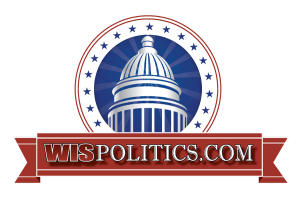
Wisconsin legislative retirements climb
The rash of legislative retirements in Wisconsin is now running through leadership.
Home / News & Announcements

The rash of legislative retirements in Wisconsin is now running through leadership.
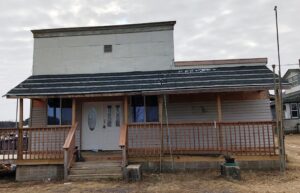
Chris Hardie's recent story on local general stores generated a lot of reader response through both email and social media, the WNA past president writes. The responses also filled in some of the missing information on the history of the Wisconsin stores.
In his most recent column, which is available for publication by WNA members, Hardie incorporates the information gleaned from reader feedback.
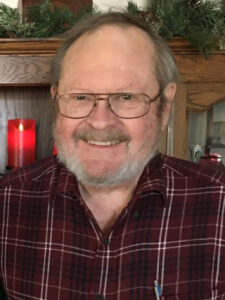
David P. Jenkins, a longtime attorney and judge who spent college summers working as a reporter for The (Appleton) Post-Crescent, died Sunday, Jan. 9, at his home in Middleton. He was 72.
In high school, Jenkins covered sports for the student newspaper and attended a summer journalism institute at Northwestern University. He studied political science and economics at UW-Madison, earning his bachelor's degree in 1971. While at UW, he served on the Board of Directors for The Daily Cardinal student newspaper. During his summers back home in Seymour, he worked as a reporter for The Post-Crescent in nearby Appleton.

The share of female state lawmakers in Wisconsin has shifted over time from being substantially larger than the rest of the country to currently, about average nationally.
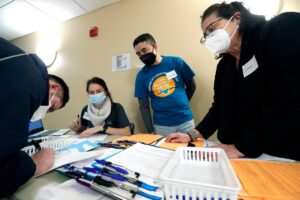
The region’s Hispanic, Black, Asian and Indigenous communities boomed over the past decade.
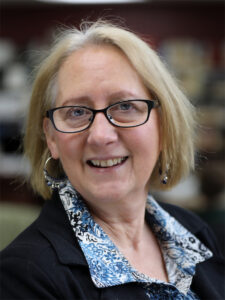
In the Wisconsin Freedom of Information Council's latest "Your Right to Know" column, Wisconsin Watch managing editor Dee J. Hall writes about the Wisconsin Local Media Advertising Tax Credit, which she says deserves to pass, because preserving the public’s right to know hinges on keeping local news outlets — and the local businesses that advertise with them — alive and well. The column is available for republication and can be downloaded here.

The U.S. remains an outlier in failing to guarantee paid family leave. Efforts in Congress and the Wisconsin Legislature have stalled.
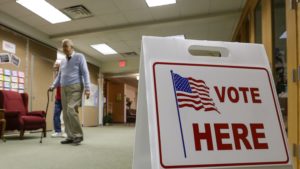
Polco users and readers visiting WNA member websites from Jan. 19 to 31 were asked what issues they believed should be the top government and election priority in 2022.
Out of 526 respondents, 44% said voting and/or election laws should be the top priority, while 26% said inflation and the economy were most important. Fourteen percent of respondents chose COVID-19 and health care as their top priority, while another 16% were split.

Republican gubernatorial candidate Kevin Nicholson told WisPolitics.com he is running against a GOP “machine” that failed to do more on school choice, election security and critical race theory when it had a chance. He lumped rival Rebecca Kleefisch in with a “decaying” party establishment.
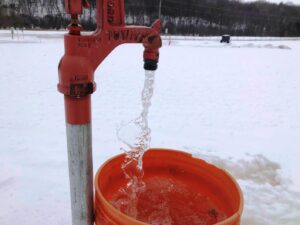
If below-zero temperatures had a sound, it would be this: the clang of an iron maul striking the frozen apron of a manure spreader.